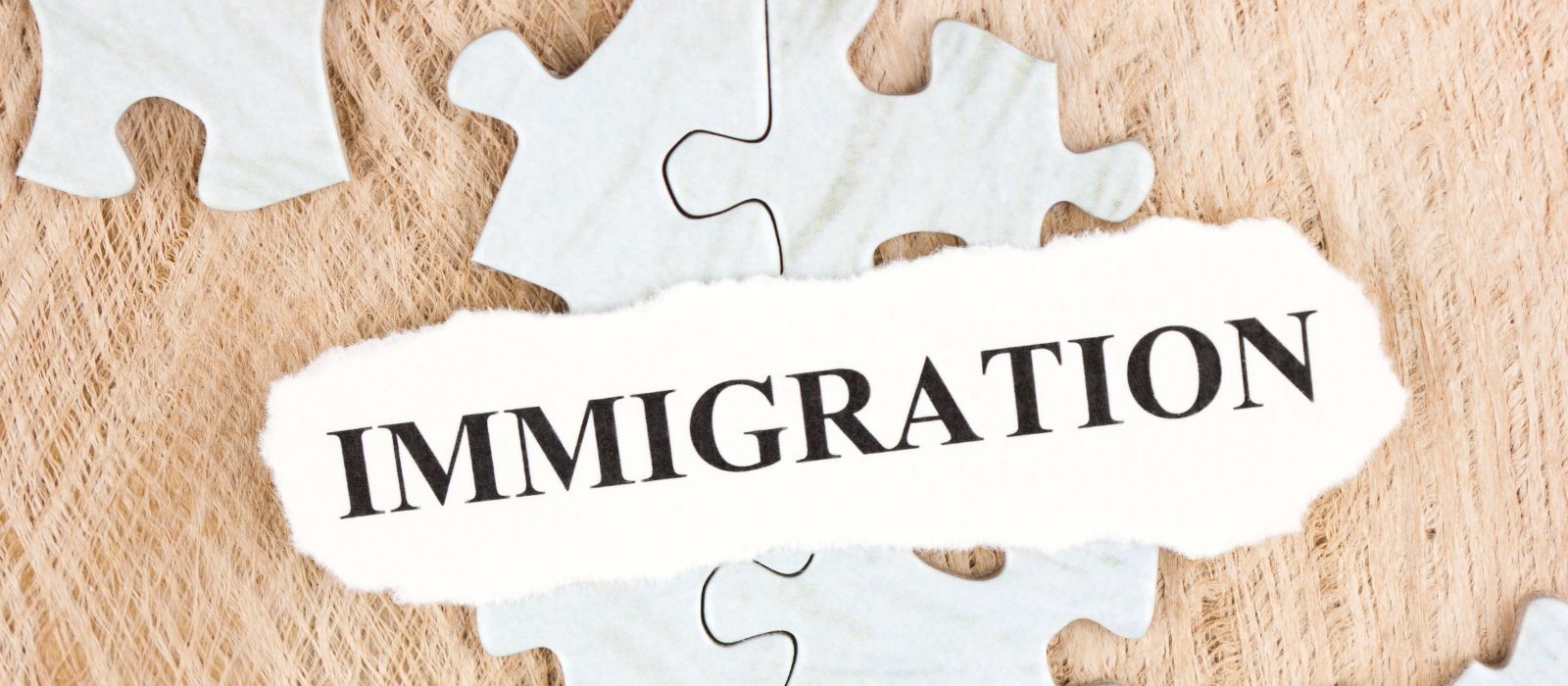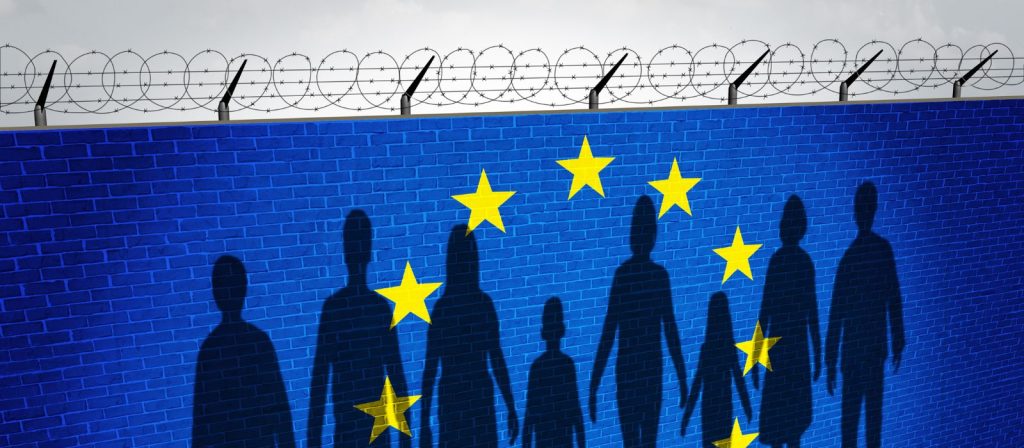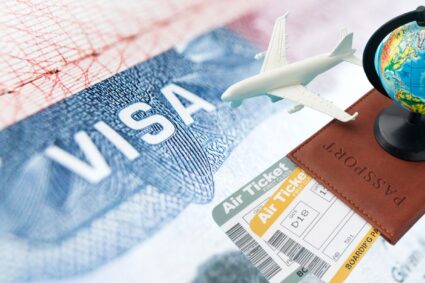
Seeking a visa to travel abroad can often feel like a daunting spiritual journey for many Africans, involving prayers, fasting, and enduring all-night vigils. The arduous visa requirements, coupled with the need to reassure officials that one won’t overstay, contribute to a recurring sense of humiliation. In stark contrast, citizens of developed nations, particularly Europeans and Americans, experience the relative ease of obtaining visas on arrival and face less stringent consequences for overstays.
The global migration phenomenon is marked by a desire for a better life, driven by a pervasive belief that opportunities lie beyond one’s current circumstances. This movement, however, is not without its challenges. Thailand and Bali, for instance, have witnessed an influx of Americans and Europeans seeking an improved quality of life, often taking up minimal jobs in developing countries to sustain themselves. Yet, upon arrival, they are confronted with issues of racism, even in North America, where one might expect a more tolerant environment.
The dichotomy in terminology is noteworthy—Africans moving to developed countries are labeled as immigrants, while Americans and Europeans relocating to Africa are referred to as expats. This distinction reflects broader societal biases. A contemporary trend sees an increasing number of Westerners moving to cities like Nairobi, Cape Town, and Johannesburg. While this may boost the property rental market, it exacerbates challenges for indigenous populations struggling to afford basic necessities such as housing and food.
The surge in racism within these urban centers is alarming, as newcomers often seek to monopolize the resources and experiences the cities offer. Social media platforms like TikTok and Instagram witness a proliferation of content advising fellow expats on how to navigate and settle in these regions. However, the reality is not always rosy, as evidenced by the 2021 deportation of an American expat who had documented her supposedly elevated lifestyle in Indonesia.



